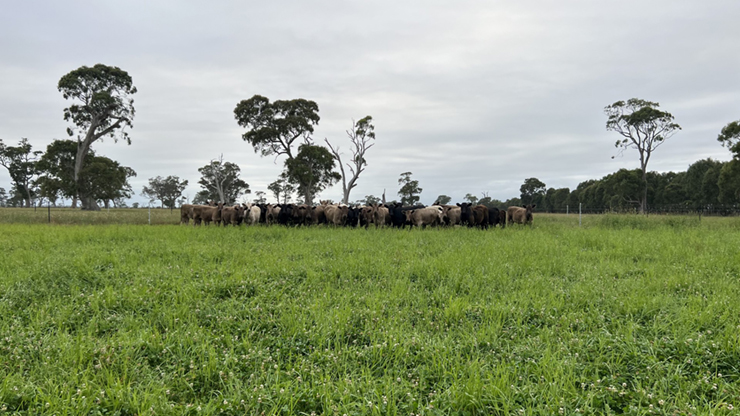New analysis highlighting the evolving nature of Australian agriculture over 150 years was released today by the Australian Bureau of Statistics (ABS), alongside an update on how these statistics will be created from now on.
Today’s release showcases agriculture statistics from the 1860s to 2022 and presents data for key agricultural commodities ahead of the first release of data using new data sources and methods on 14 June.
Dr David Gruen AO, Australian Statistician, said that the ABS has collected data directly from farmers for more than a century, continuing official record-keeping around farming which began in the early 1800s.
“Historical data show Australia’s wheat production growing from 5 tonnes in 1789 to 279,000 tonnes in 1861, to a historic record of 36 million tonnes in 2022.
“These data offer extraordinary insights into our country’s farming history, ranging from the 1876 invention of the stump-jump plough and its role in dramatically increasing wheat production, to the fortunate timing of Australia’s first commercial fleece shipment to England to meet wool demand during the Napoleonic wars in Europe.”
“The upcoming June release marks the next step in this long tradition of data production, using new data sources and methods, including satellite crop maps. This change will free farmers from needing to spend time reporting data to the ABS and will ensure the continued relevance of our agricultural statistics well into the future.”
“We are working with industry, academics and governments to use new data sources and methods so the ABS can continue creating important agricultural data. These sources improve data quality and give us more detailed information, along with reducing the burden on farmers,” Dr Gruen said.








